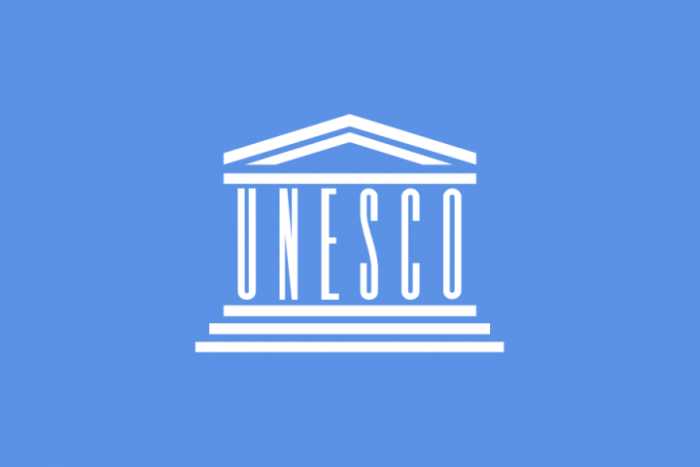
The United Nations Educational, Scientific and Cultural Organization’s session on October 22 is convened with an aim to protect and promote education at a time when education financing is at considerable risk of being left behind in the governments’ domestic budgets, stimulus packages and international aid, the UN agency said.
“By convening this extraordinary session of the GEM next month, our aim is to secure commitments from political leaders to position education at the centre of national and international efforts to recover swiftly, inclusively and sustainably from the COVID-19 pandemic,” said Stefania Giannini, Assistant Director of Education at UNESCO. Giannini said the overarching concern is to at least maintain, if not increase, education financing to avoid a “generational catastrophe”. “To be fit for purpose and respond to a radically new reality, we need a more integrated, influential and accountable coordination system for education, entirely geared to building back better through stronger links between policy steering and finance.
It is precisely in this spirit that the 2020 GEM will also launch an inclusive consultation on a roadmap for the improvement of the global SDG 4 – Education 2030 coordination mechanism,” he said. Among the themes outlined for the session are protecting domestic and international financing of education, reopening schools safely, focusing on inclusion, equity and gender equality, reimagining teaching and learning, harnessing equitable connectivity and technologies for learning.
“Behind the 2020 GEM is the resolve to speak with one voice, against the backdrop of unprecedented disruption that requires us, as a global community, to be disruptive in how we act. The GEM is driven by this sense of urgency – it pulls the alarm on the dramatic consequence that any decline in aid and national budgets will have on an already deep education crisis,” Giannini said.
According to UNESCO estimates, over 154 crore students are severely impacted by the closure of educational institutions across the world amid the COVID-19 outbreak. UN agencies UNESCO and UNICEF along with World Bank and the World Food Programme had recently come up with guidelines on how to safely reopen schools in the wake of COVID-19 and also warned that widespread closures of educational facilities present an unprecedented risk to children’s education and wellbeing.
Globally, over 3.2 crore people have been infected with COVID-19, and the total number of deaths from the deadly virus now stands at over 9.82 lakh.

